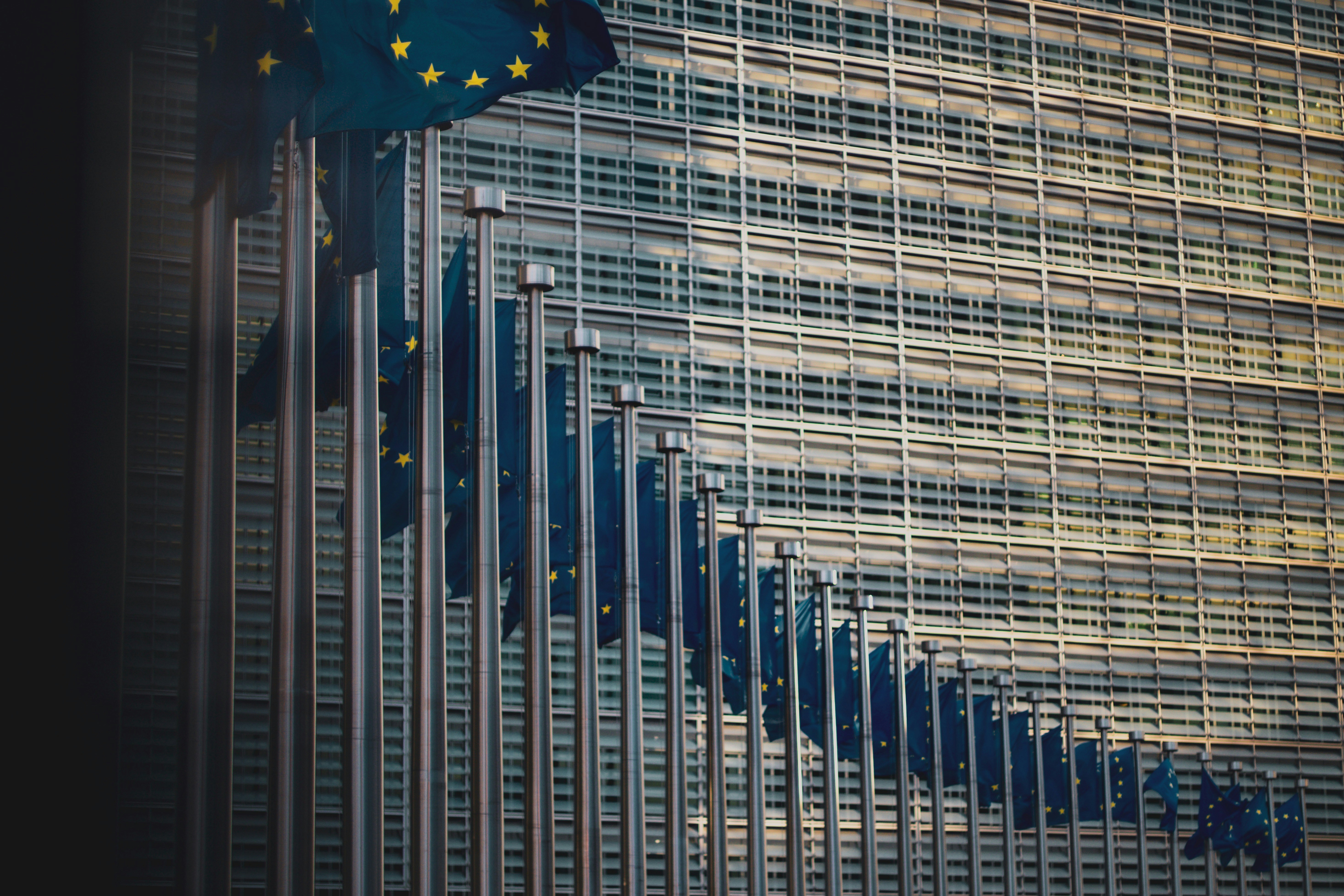Financial engineering instruments (FEIs) contribute increasingly to public policies in Europe, notably within the implementation of the cohesion policy1. A large variety of FEIs exists, ranging from loans to interest rate subsidies or rebates, and from equity or venture capital to guarantees.
In comparison to ‘traditional’ grants, FEIs have several advantages:
- Sustainability, as they are repayable investments, they are revolving and impact positively the leverage of public money
- Improved quality of projects, as investments, must be repaid and therefore the pressure for success is bigger
- Fostering co-operation between public and private sectors, as the repaying of investments offers a return and thus private sector involvement in (and funding for) public policy objectives.
For several years, Technopolis Group has been active in this field. For instance, ex-ante evaluation is a condition for the implementation of FEIs funded by EU programmes. Technopolis Group has supported several regions in defining FEIs on a range of topics, including economic and agricultural development, innovation, renewable energy development and energy-efficient housing refurbishment.
FEIs are not used only in the implementation of European policies. Due to scarce public funds, national and regional administrations also deploy FEIs. Recently, Technopolis Group contributed to a feasibility study for a guarantee fund to support industrial waste heat recovery projects.
Waste is a hot topic
Heat is a necessary by-product of processes using energy. Waste heat is released, for example, in the hot fumes of a combustion engine or in a factory chimney. Waste heat recovery, therefore, deals with energy efficiency and is an important concern for industrial stakeholders, as it contributes both to the mitigation of environmental impacts and improved competitiveness by cutting energy-related expenses.
In the industrial Nord-Pas de Calais region, it is estimated that industrial waste heat, above 100°C2, represents 7 TWh a year. In France, industrial waste heat above 100°C amounts to 51 TWh, equivalent to 16% of energy inputs3. For comparison, the two nuclear reactors of the Fessemheim power plant produce about 10-13 TWh annually.
Although the potential is significant, very few waste heat recovery projects are implemented in practice. Complexity, lack of end-users, technical constraints (e.g. set up during downtime periods), extended payback periods, and lack of visibility of industrial activities are some of the underlying reasons for the low take-up.
Cluster Energie 2020, ADEME Hauts de France and the Regional Council ordered a study on the feasibility of a guarantee fund to cover some of the risks associated with these projects. It comprised a technical and economic study, and risk analysis of different types of projects4, and an optional part on legal and financial engineering, and structuring of the fund.
Partnering with an engineering company, a law firm and a financial consultancy, Technopolis Group was responsible for the risk analysis of the projects and defining the fund’s response to cover these risks. The study selected industrial stakeholders in Nord-Pas de Calais with waste heat recovery projects either in development, already implemented or abandoned. With our technical partner, we conducted a market study to characterise the projects, understand the risks, and assess the potential impact of a guarantee fund and its ideal characteristics. Using regional analogies, this first analysis was then scaled up to the regional and national levels. During the second phase, we assisted the legal and financial partners in defining the structure of the fund, notably by performing a benchmark study. Legal proposals and business plans were discussed with the project steering committee.
As a result, a fund covering only the residual risk left after all other solutions (insurance, commercial agreement, etc.) was deemed interesting and useful by most stakeholders, with a potential to boost the number of projects implemented. For instance, the fund could partially cover projects in which one of the stakeholders closed down, but not technical risks. Due to a significant level of risk, and in order to attract private investors, an extension to the national level is recommended. Discussions with national stakeholders, notably the Agency for Environment and Energy Management (ADEME), are currently underway.
1 – During 2014-2020, the European Commission aimed at mobilising at least 10% of the European Structural and Investment Funds (ESIF) through financial engineering instruments.
2 – The lower the temperature, the lower the interest in recovery. 100°C is deemed a lower limit.
3 – ADEME 2015, La Chaleur Fatale Industrielle
4 – Types of projects studied included direct supply to an external industrial stakeholder, internal use or supply to a heat network




